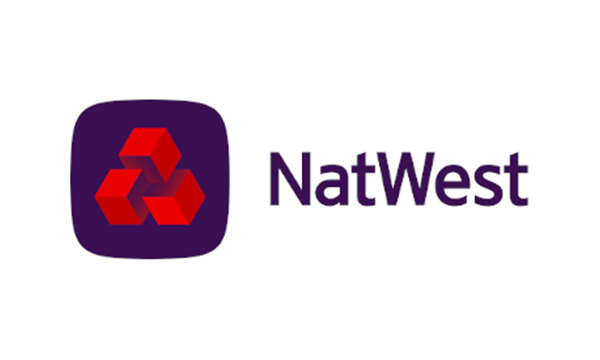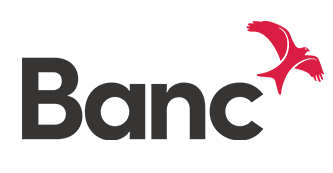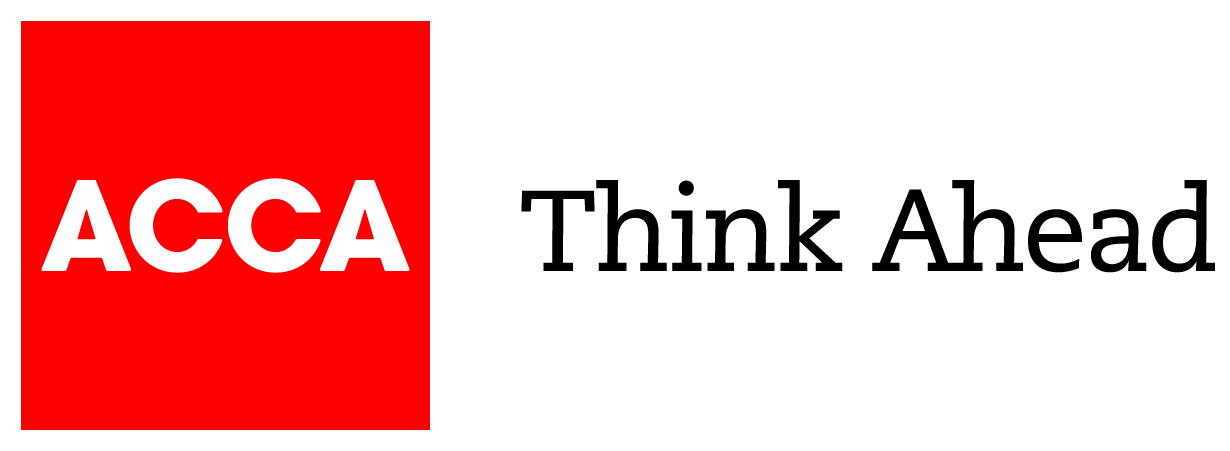

What is ‘green finance’ – and why might your business need it?
Many SMEs across a wide range of sectors are already on a journey to decarbonising their businesses. Some of those will be taking advantage of specialist funding and finance options to help them achieve it.
On the other hand, for many businesses the current economic headwinds – including rising interest rates and the pressures of cost of trading – mean that leaders are viewing carbon-reduction measures as something to think about another day.
There’s often a nervousness about investing in something that is seen as a ‘nice-to-do’ rather than something that’s essential for business continuity or growth.
But it’s well worth taking the time to find out more about your business’ current carbon footprint and, from here, investigating the potential steps you can take to reduce it. You might be surprised at how quickly you could see a positive return on investment.
NatWest’s report A Springboard to Sustainable Recovery showed that 55–75% of business cases for SME decarbonisation will be positive by 2030. This is often due to savings in energy costs and increased efficiency — provided that these carbon reduction measures can be supported with upfront capital.
Then there’s the fact that having measures in place to manage – and potentially reduce – your business’ carbon footprint really isn’t simply a nice-to-do any longer.
If your business supplies a corporate customer – even if you’re in the fourth or fifth tier of that supply chain – you’re likely to find yourself being asked about your carbon footprint. Take supermarkets, for example. Every small family business making a product which ultimately ends up on a supermarket shelf will form part of that supermarket’s Scope Three emissions. At the moment the supermarket isn’t mandated to report on its Scope Three emissions – but that is coming. And indeed, many corporate firms are already factoring this into the information they ask of suppliers.
If you tender for new business, you might be finding that increasingly you’re being asked to evidence what your carbon footprint is, and any actions you’ve taken to reduce it. If you can’t answer these questions, your ability to win new work may well be affected.
If any of this sounds familiar, the good news is that small steps can start to make a big difference.
The first thing to do is to measure your carbon footprint. NatWest has produced a Carbon Planner – a free tool which is available to all SMEs, not just to NatWest customers. You’ll answer questions based on different areas of your business – such as fuel and electricity usage, business commuting, business travel and so on. You can then see what your business’ current carbon footprint is, and set a target to reduce your emissions around a timeframe to suit your business.
Based on this, the planner will then offer ideas for actions. It will also tell you:
- How much each action will reduce your footprint by,
- The estimated cost of the action,
- The payback period – the likely time it will take to recover the initial cost,
- The potential return on investment.
This is the point at which you can start to prioritise your actions. Some will be relatively easy to implement – installing LED lighting for example.
You may identify some bigger actions you’d like to consider investing in – solar panels, say, or electric vehicles. It may even be a case of replacing a bit of kit that needs updating anyway with a more energy efficient model.
This is the time to speak to a bank. They will work with you on the information you’ve already generated from your carbon planning and help you to refine it, including using additional tools. For instance NatWest has joined forces with Absolar, which uses state-of-the-art AI and Remote Sensing tools, together with experienced solar designers and engineers, to accurately assess the solar potential of rooftops.
From there your bank can discuss with you potential funding options, which might include specialist asset finance, such as Lombard’s Green Asset Finance.
So if ‘green finance’ feels like an overwhelming topic or seems irrelevant for your business, remember that understanding where your business is today in terms of carbon emissions is key. From there your journey towards potentially accessing green finance will emerge, one step at a time.




